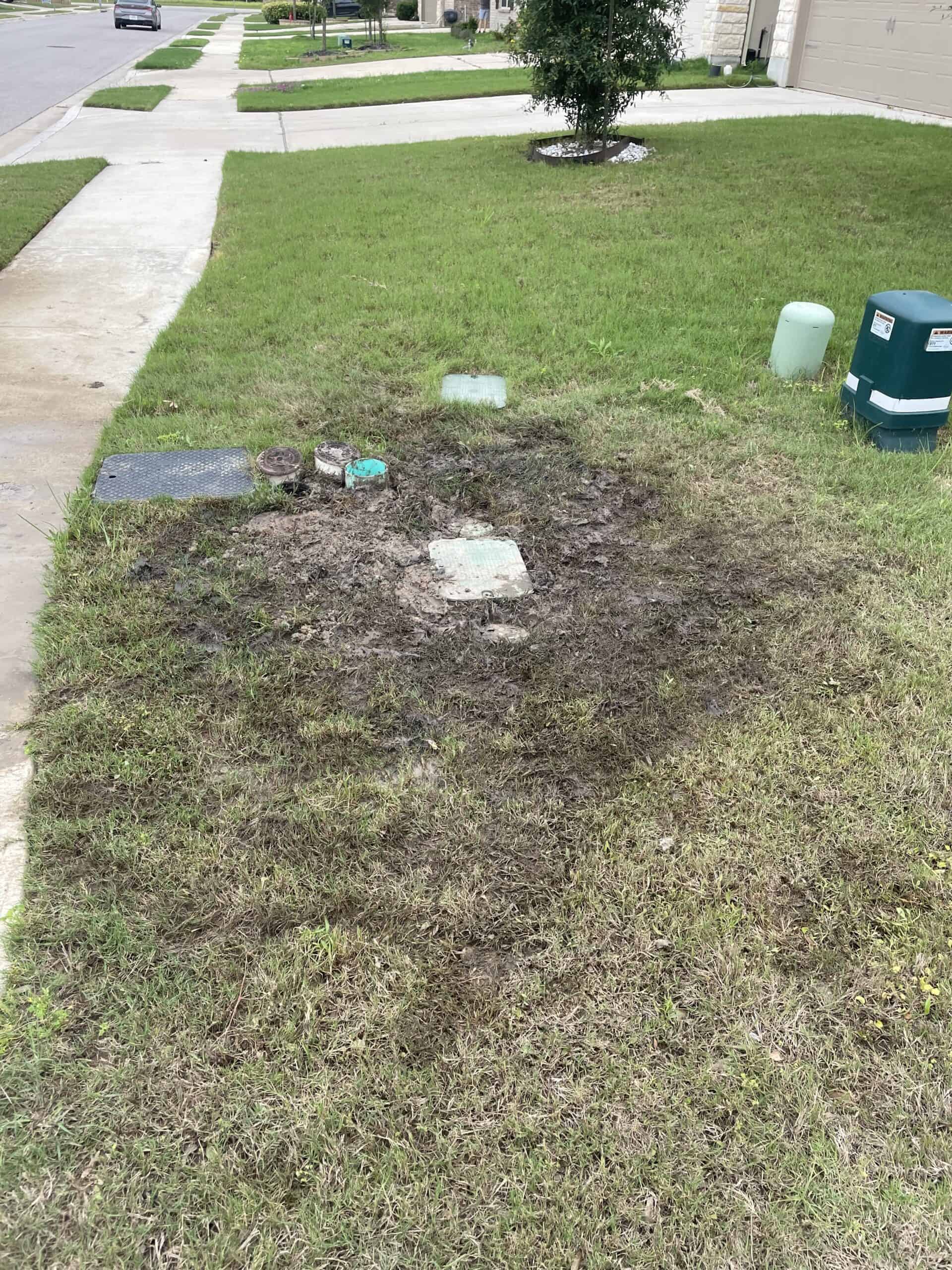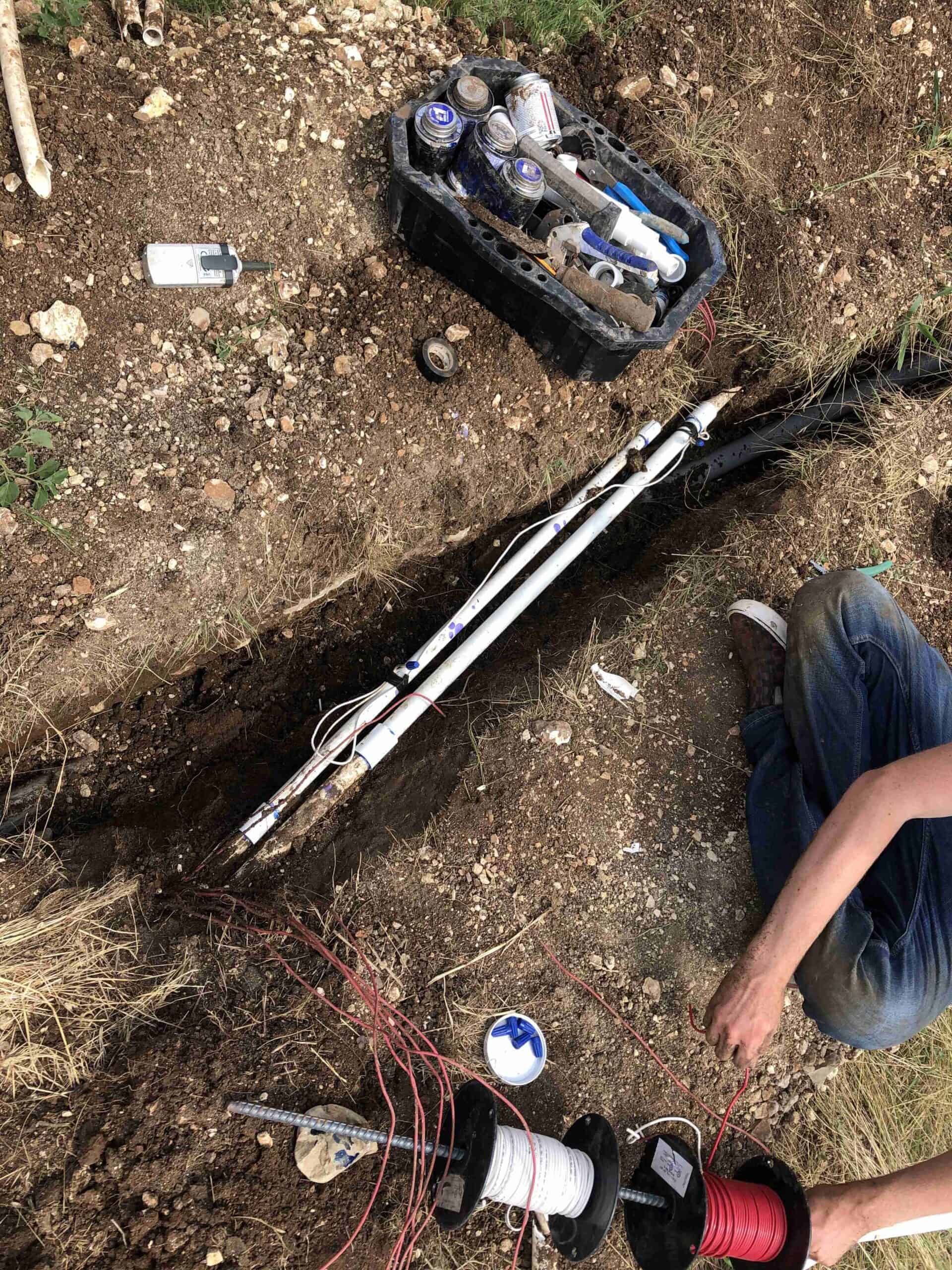DIY Leak Detection Methods for Home Irrigation Systems in Texas
In the arid climate of Texas, homeowners must be vigilant about the efficiency of their irrigation systems. Early leak detection ensures responsible water use and prevents damage to landscapes and foundations.
While professional services are available, TX homeowners can use several practical and cost-effective DIY leak detection methods to maintain the health of their irrigation systems. Let’s explore a few and learn when to call for professional irrigation repair.

STEP ONE: Visual Irrigation Inspections
The simplest and most effective way to detect irrigation leaks is through a thorough visual inspection of the entire system. Start by walking around the property and examining each irrigation system component. Look for the following three things:- Missing or Broken Valves: Check for any visible signs of missing or broken valves. Valves control water flow through the irrigation system, which means missing valves or damage can cause leaks.
- Puddles or Wet Spots: Keep an eye out for puddles or consistently wet areas around the property, especially in areas where there shouldn't be excess moisture. This could indicate a leak in the irrigation system.
- Uneven Water Distribution: Note any areas where water is not evenly distributed. Uneven watering may suggest a problem with the sprinkler heads or a blockage in the irrigation lines, potentially leading to leaks.
STEP TWO: Monitoring Water Bills
A sudden increase in water bills can be a red flag for potential leaks in the irrigation system. Homeowners should compare their current water bills with historical usage patterns. A noticeable spike in water consumption without a corresponding increase in irrigation needs or other water usage could be a leak detection red flag. Regularly review water bills and compare them to previous months or years. Ask the utility company for a read-out of past and current consumption averages. Sudden and unexplained spikes in water usage can cost more than extra cash each month. Learn how to read the water meter and monitor it regularly. If the meter continues to register usage even when no water is being intentionally used in the home, it could indicate an irrigation leak. Consult a leak detection expert for more monitoring tips and DIY repair information.STEP THREE: Checking the System During Operation
Observing the irrigation system in action can provide valuable insights into its performance and help identify potential issues. Set aside time to watch the system during operation, especially during its regular watering schedule. Or discuss the best timing with a trained irrigation professional near Houston, TX. Examine the area around the sprinkler heads for overspray. If water reaches areas where it shouldn't, it could be a sign of misaligned or damaged sprinkles. Then, listen for unusual sounds from the pipes - another sign of trouble. Check for hissing or gurgling primarily. PRO TIP: If a leak is suspected, turn off the system immediately and investigate further.
Scheduling Professional Irrigation Inspection for Leak Detection
While DIY methods are practical during routine checks, Houston homes and businesses should also schedule periodic irrigation inspections with local professionals. Establish a regular schedule for DIY inspections. Choose monthly or quarterly, depending on the size and complexity of your irrigation system. Consistent monitoring allows you to catch potential issues early and fix them before they get out of control. If DIY inspections reveal consistent problems, call for help. Here are some other reasons to request professional leak detection services:- Unexplained water bill increases with no visible or audible signs of leakage
- Aging irrigation system components without updated energy efficiency
- Planned landscaping or hardscaping renovations
- Seasonal irrigation problems, such as sprinkler winterization measures
